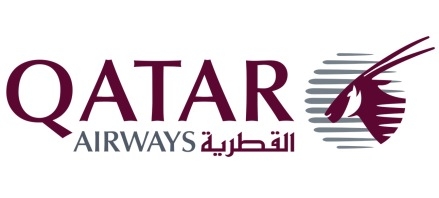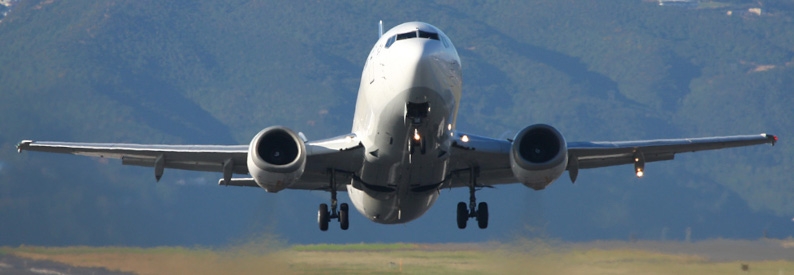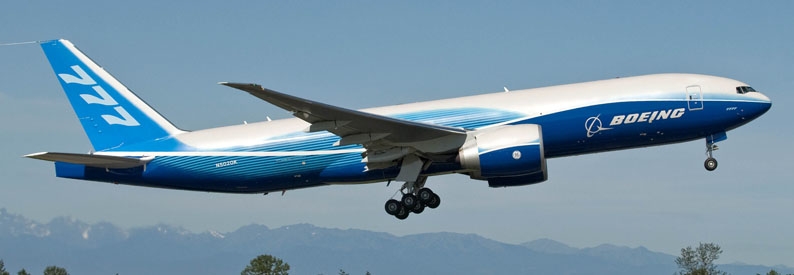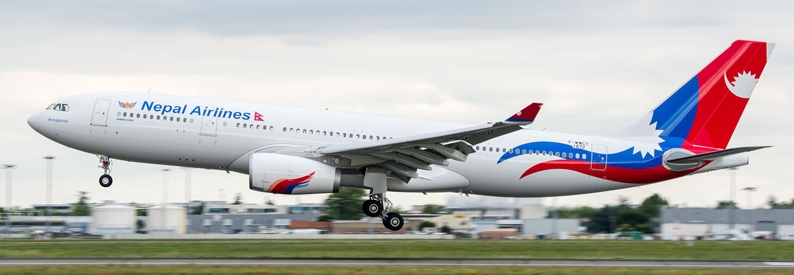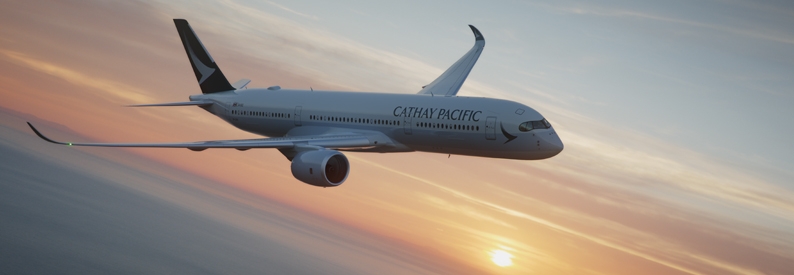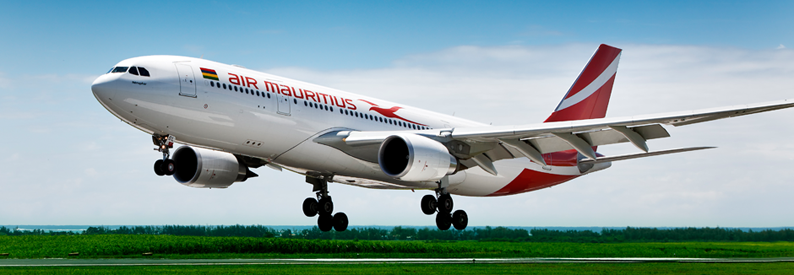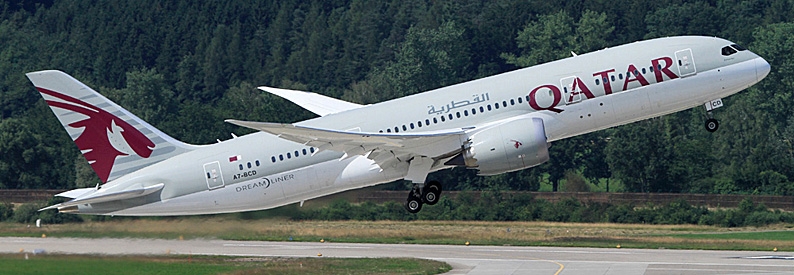Qatar Airways (QR, Doha Hamad International) has issued a Request For Proposals (RFP) to Boeing and Airbus for a "big" aircraft order, CEO Badr Al Meer told CNBC late last week. While he did not specify how many aircraft the airline wanted to acquire nor provide any timelines, news agencies are reporting a ballpark figure of 100 to 150 twin-aisle planes.
The order, which will likely focus on B777X and A350 types, will replace older widebodies nearing the end of their working lives at the carrier. The exact split between the two manufacturers reportedly remains undecided.
"We released an RFP to create some competition between both suppliers,” Al Meer told CNBC. “We will go through the process, and, with an order this big, we need to take our time."
Qatar Airways did not respond to a request for comment.
Qatar's widebody passenger fleet comprises five A330-200s (including one wet leased in) with an average age of 16.8 years; eleven A330-300s (including three wet leased in) with an average age of 15.2 years; twenty-four A350-1000s aged 4.3 years on average; thirty-four A350-900s with an average age of 6.9 years; ten A380-800s aged 8.7 years on average; seven B777-200LRs with an average age of 14.1 years; fifty-seven B777-300ERs with an average age of 10.9 years; thirty B787-8s aged 9.7 years on average; and seventeen B787-9s with an average age of 3.5 years.
The carrier's outstanding widebody passenger jet orders include eighteen A350-1000s, one B777F, forty B777-9s, and thirteen B787-9s.
Separately, Al Meer said both manufacturers' production problems and delivery delays were affecting Qatar Airways "to a certain level," particularly when aircraft were not delivered on time. "We are always looking to grow and expand our fleet and network," he said. "Without aircraft, we cannot do this. When our aircraft are delayed, we cannot meet the demand from our passengers. I know Boeing and Airbus have certain problems, but we have full trust in both organisations that they can overcome those problems."
- Type
- Base
- Aircraft
- Destinations
- Routes
- Daily Flights
